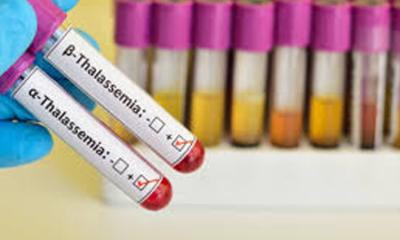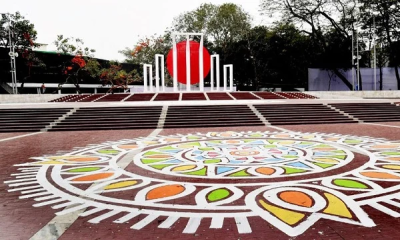Common health problems during ramadan and their solutions
Although fasting has many physical benefits, our messy lifestyle make us suffer from some health problems during Ramadan. In this article we’re pointing the most common of them and how they can be treated with some precautions in your nutrition system.
Heartburn
Cause: It’s one of the very common problems associated to fasting. That’s because fasting normally reduces the amount of stomach acid which digests food and kills bacteria, but when the brain thinks of food or smell it, it tells the stomach to release more acid which causes heartburn.
Solution: The avoidance of deep fried and spicy foods and the reduce of caffeinated beverages and smoking help a lot. Besides, drinking something like pepper and ginger after Iftar and sleeping with your head raised on 2 pillows are natural cures for heartburn too.
Constipation
Cause: Constipation happens during fasting due to normal reason which is lack of fluids and man-made reason which is bad eating habits like excessive consumption of fatty foods and meat and forgetting to include vegetables and fruits in our diets.
Solution: That’s why the best way to avoid constipation is drink sufficient amount of water. A bowl of salad should be present everyday at your dinning table and it’s advisable to take fruits after Iftar instead of fatty creamy desserts. In addition, high fiber foods help in this problem too, especially oats, that can be a very good component in your Sehri meal.
Indigestion
Cause: After long hours of fasting, we devour the food quickly which cause indigestion especially if the food is fatty and contains a lot of spices.
Solution: If you really suffer from indigestion, you can break your fast on something light like water and dates, then wait some time before starting the main meal and eating it slowly. Acidic foods like lemons and tomatoes contribute in indigestion, so you can better avoid them. Don’t sleep or work out immediately after Iftar, for sleeping you have to leave 3 hours and 1 hour before exercising.
Sluggishness & Sleepiness
Cause: Fasting has nothing to do with those symptoms. However, it’s the bad nutrition we apply is what makes us feel them after Iftar.
Solution: Rest is the keyword! You shouldn’t sleep less than 8 hours at night. Have a light meal for Iftar far from processed, fried, and fatty food.
Dehydration
Cause: It’s very normal during fasting especially in this hot summer as there are no compensation to the water you lose during the day.
Solution: Drinking water will always be the answer! But remember to increase your water intake on the days you consume foods high with sugar as they dehydrate your body. And try as much as you can to keep them in moderation and replace them with fruits. Before Iftar when you feel dehydrated, a cold shower could help to lower your body temperature.
Headache
Cause: It’s not just the lack of caffeine, but headache has a strong relationship with dehydration. Not enough sleep and skipping Suhoor meal also cause headaches.
Solution: A balanced Sehri meal is the secret. It should contain slow digesting carbs and watery vegetables and fruits and shouldn’t include salty foods.




-20260106082251.webp)

-20251231101531.webp)



-20260221022942.jpg)
-20260221022827.webp)







-20260220065859.jpeg)

-20260219110716.webp)

-20260219054530.webp)














